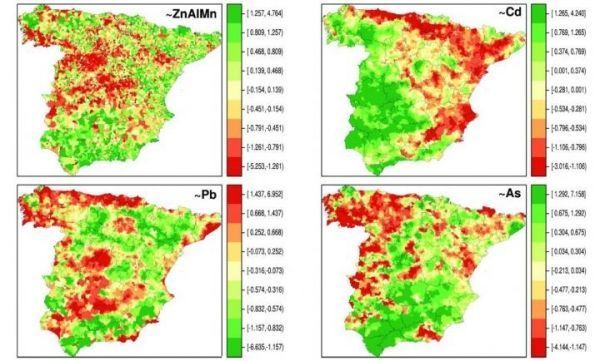
Plants are responding in unexpected ways to increased carbon dioxide in the air, according to a twenty-year study conducted by researchers at the University of Minnesota and published in the journal Science. For the first 12 years, researchers found what they expected regarding how different types of grasses reacted to carbon dioxide. However, researchers’ findings took an unanticipated turn during the last eight years of the study.
>> Read the Full Article

Belly fat, even in people who are not otherwise overweight, is bad for the heart, according to results from the Mayo Clinic presented today at EuroPrevent 2018, a European Society of Cardiology congress.
>> Read the Full Article

Spanish epidemiologists and geologists have found associations between esophageal cancer and soils where lead is abundant, lung cancer and terrains with increased copper content, brain tumor with areas rich in arsenic, and bladder cancer with high cadmium levels. These statistical links do not indicate that there is a cause-effect relationship between soil type and cancer, but they suggest that the influence of metals from the earth's surface on the geographical distribution of tumors should be analyzed.
>> Read the Full Article

When it comes to paint, there are two main types people can chose from, latex or oil-based. But now, a new option has been developed at Queen’s University that promises a more environmentally-friendly choice.
>> Read the Full Article

 ENN
Environmental News Network -- Know Your Environment
ENN
Environmental News Network -- Know Your Environment